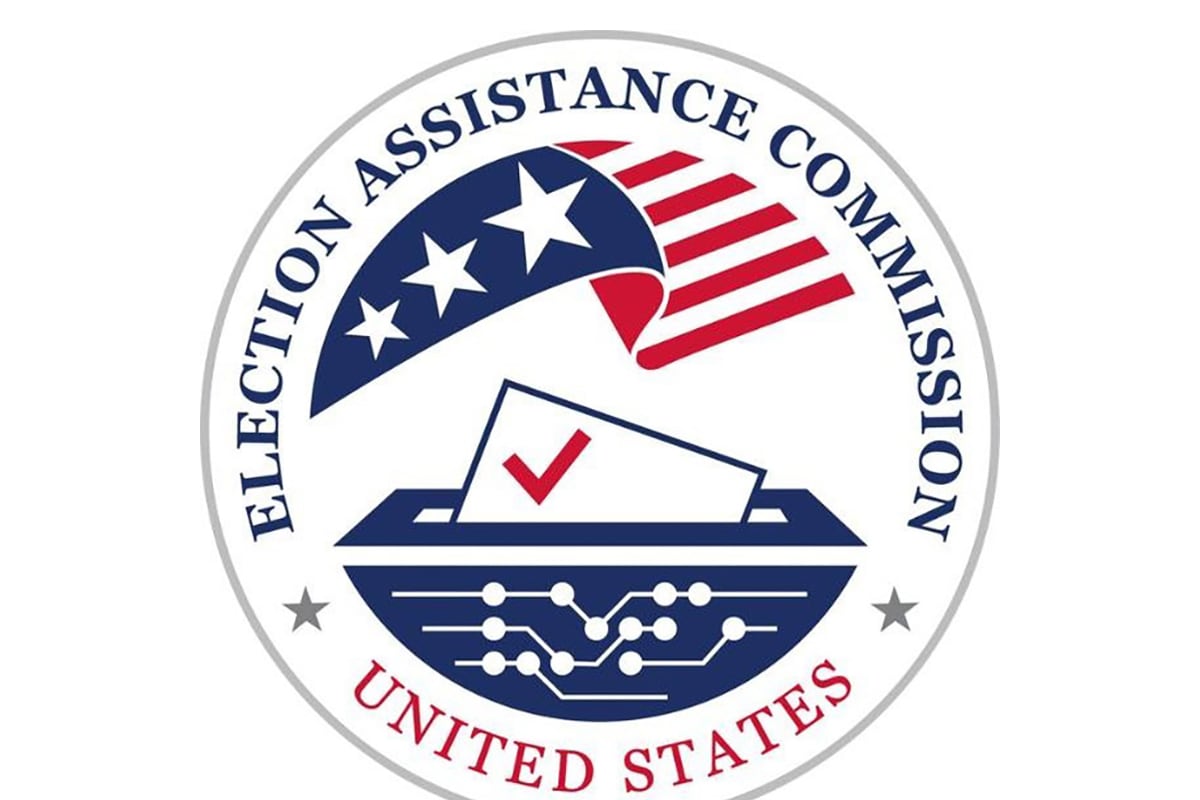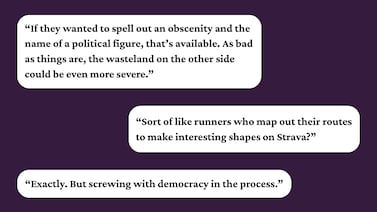Votebeat is a nonprofit news organization reporting on voting access and election administration across the U.S. Sign up for our free newsletters here.
Steven Frid, former executive director of the U.S. Election Assistance Commission, obtained a substantial pay increase without the knowledge of EAC commissioners, an investigation by another agency’s inspector general found.
The investigator’s report, released last week, said Frid also expensed Harvard University courses without approval and did not properly disclose dozens of hours of personal leave.
EAC commissioners voted unanimously to fire Frid in December, after learning the investigation was in progress, according to the investigation summary report posted online Thursday. Votebeat first reported his firing in January.
Frid did not immediately respond to an email requesting comment.
The EAC, which develops standards for voting equipment and acts as a resource for local election officials, has struggled in recent years to retain high-level staff and to provide effective oversight of federal elections. Frid was at the commission for less than a year and was the agency’s third executive director within three years.
EAC commissioners appointed Brianna Schletz as Frid’s successor in March. Commission Chairman Ben Hovland said her leadership and experience would be an asset at a time when “elections and the EAC are under a microscope.”
Schletz previously led the EAC’s Office of Inspector General. In October, her office received an anonymous complaint against Frid and asked the Interior Department’s Office of Inspector General to investigate.
The investigation found that Frid:
- Sought and obtained an annual pay raise of $31,450 by applying for “critical pay” authority from the federal Office of Personnel Management, without approval from the commissioners. His annual pay prior to the raise was $172,100. The investigation found no evidence that he made false statements while applying for the increase.
- Expensed $28,300 in leadership training courses at Harvard University. The EAC human resources handbook requires supervisor approval for all external training courses, which the investigation found Frid did not receive.
- Failed to report 96 hours of leave on his time-and-attendance records for vacation and other days he did not work.
A spokesperson for the EAC did not immediately comment.
The Interior Department investigator referred the findings to the Justice Department, which declined to prosecute, according to the report.
Jen Fifield is a reporter for Votebeat based in Arizona. Contact Jen at jfifield@votebeat.org.






